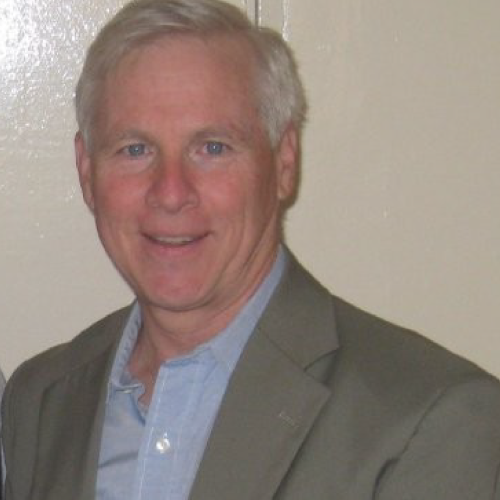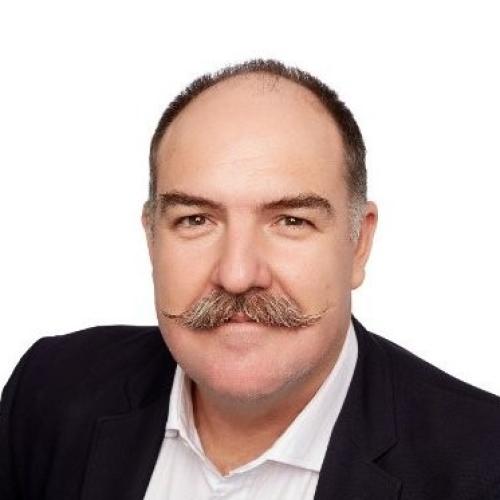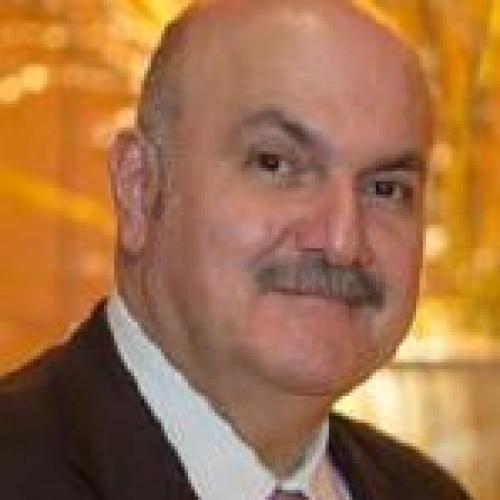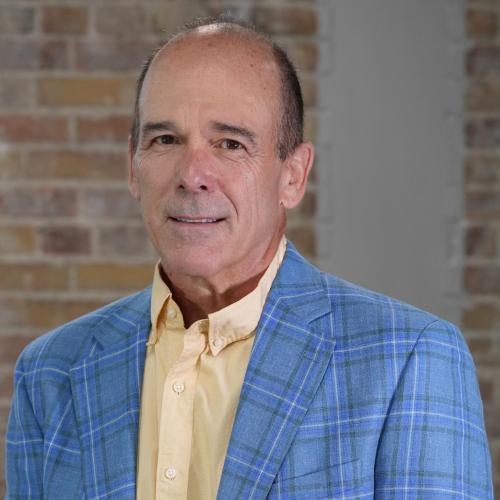Starting with any relevant education, walk me through the twists and turns of your career to date? How did one opportunity lead to the next + what was the key takeaway/ experience in each role + how did this lead you to where you are now)
I began my career in animal health during high school (in a professional agricultural education program), which eventually led me to work in the field of biological products and animal experimentation at the Institute of Technology on Immunobiologicals (Bio-Manguinhos), part of the Oswaldo Cruz Foundation (Fiocruz).
Later I became interested in studying veterinary medicine my interest turned towards veterinary medicine, where I began my academic journey, building upon a robust scientific foundation at the State University of Northern Rio de Janeiro. I consistently secured scientific initiation grants and engaged in both field and basic research.
In my postgraduate studies, my focus shifted towards applied research
I consistently secured scientific initiation grants and engaged in both field and basic research.
What was the pivotal moment that put you on your current founder path?
The crucial moment was In the second year of my PhD. Receiving a lot of feedback and market analysis led to the opening of the company. During this time I received many testimonials, conducted interviews, and engaged in extensive calls with stakeholders.
Can you provide a quick summary of the technology/ area of innovation and its potential application?
We specialize in veterinary clinical research, particularly focusing on swine expertise. Our services extend to applied biotechnology and facilitating biotechnology transfer. We offer specialized solutions tailored to the needs of the veterinary industry, specifically within the animal health sector.
What stage are you at?
Today PigPork Solutions is in a growth stage, operating in Brazil, LatinAmerica and E.U. There is a need to expand production capacity, investiments in infrastructure and scale up our services.
Discuss the biggest challenges of getting to this point? With the benefit of hindsight, what would you have done differently if anything?
The biggest challenges for brazilian companies that operate internationally are:
- Infrastructure Financing Instruments and Incentives.
- Increasing margins with sales.
- Local currency and the scale of the study without compromising fixed expenses.
- Employee turnover and constant training.
What would you have done differently if anything?
Today, I would have dedicated more time to initiating the company and actively seeking non-repayable financing, particularly seed capital.
How have you approached funding?
We have never sought significant financing, preferring instead to grow organically using our own funds. Initially, this decision was driven by opportunity, time constraints, and the necessity to focus on sales and ensuring the execution of our core studies. In this way, we aim to build authority and reputation prior to large investments in infrastructure and fixed assets.
We have never sought significant financing, preferring instead to grow organically using our own funds.
Have there been any pivot points in the company’s lifetime? What triggered these? Has the value proposition changed.
After carrying out the first studies and understanding that we should follow the path of being a reference in just one species before carrying out the study, we should be specialists in creation and health and well-being. The path of customization, as well as the need to develop experimental infection models and everything related to swine specie. Insertion of studies with the highest regulatory standards, GPC and GLP studies. (OECD)
What has the been the greatest source of help/ guidance along the way?
The vet industry was a great source of help, as was the Incubator park and the constant presence in research groups, as researchers and managers.
Best advice you’d pass on to other founders?
Despite these challenges, our strategy remains focused on taking action first. By doing so, we can identify and refine what truly works and holds value. This iterative approach allows us to continuously improve and optimize our processes and offerings.
What do you think are broadly the biggest needs and opportunities in the Animal Health and Petcare markets?
There is market space to expand the capacity to provide services in veterinary clinical research in Latin America, we need to improve the regulatory environment with more investments and staff. At the business level, improve access to credit, as we have productive conditions and high capacity to execute the job. The benefit and quality must exceed the cost and our goal is to improve productivity, wages, investments in productivity and increase demand.
With the increase in quality standards pex GLP studies, OIE compliance, we can compete with a competitive and similar price without losing quality and excellence
What’s going to have the single biggest impact on change in your area of the market?
GPC and GLP standards for conducting clinical trials, animal welfare practices and the need to reduce the need for antibiotics and minimize the risk of developing antimicrobial resistance, particularly in the swine industry.
What do the next two years have in store for you?
In the coming years, we anticipate increased studies, revenue, expansion into additional species (such as poultry), hiring more staff, and further training and qualification of personnel to ensure the delivery of high-standard services.





































